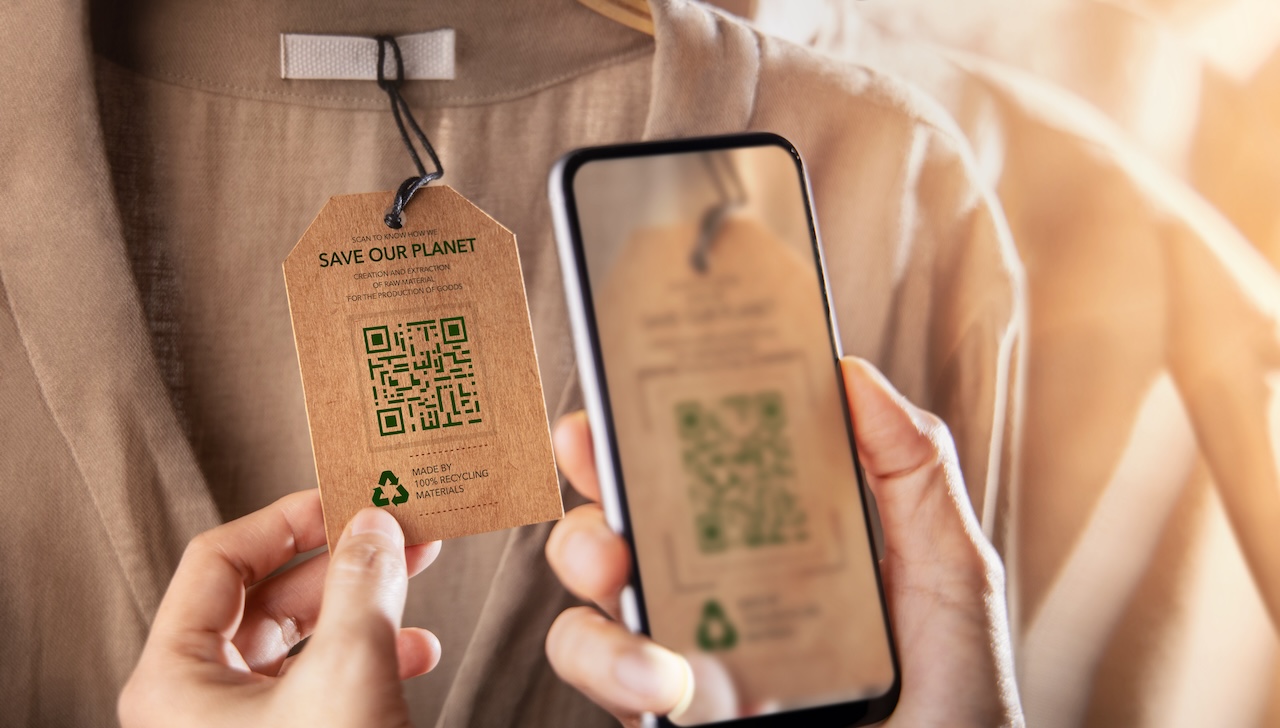Main Street Recommends

Go Green! Ways to Reduce Your Environmental Footprint
With the climate crisis in full swing, our individual actions can often seem inconsequential on the larger picture, but the truth is that a lot of little actions do add up and make a positive difference for the environment.
With the April issue being environmentally themed, we thought it would be helpful to talk about easy ways that you can reduce your ecological footprint and improve the overall wellness of yourself and the Earth.
Reduce single-use plastics
Potentially the easiest swap to make is reducing your use of single-use plastics, which includes water bottles, shopping bags, straws, cutlery, plates, etc.
According to The World Counts, plastic bags are used for 12 minutes on average before they are discarded. “It takes up to 1,000 years for a plastic bag to break down. In total, we use 100 million tons of plastic every year. Some ten percent of this plastic ends up in the oceans. An estimated 300 million plastic bags every year end up in the Atlantic Ocean alone.”
Trade your single-use plastic water bottle for a reusable stainless-steel one, keep cloth reusable bags on hand when you’re going shopping, and carry around a set of reusable utensils for when you’re having lunch on the go.
In the kitchen, you can cut down on plastic use by investing in beeswax wraps, which are an eco-friendly substitute for plastic wrap. They last up to a year of regular use with proper care, and they also have antimicrobial properties that can keep food not only fresher for longer, but also safer too.
Another way to easily reduce plastic consumption is to move to glass for food storage. Glass is microwavable safe, whereas many plastic containers contain harmful chemicals and a quick zap in the microwave can increase this exposure. Reusable canning jars are another great alternative, but if you’re looking for a swap that is most similar to plastic containers, invest in tempered glass containers with lids, which function exactly the same, are easy to stack and store, and are safe to use in the microwave.
Shop local + reduce food waste
Another one of the best things you can do for your health and the health of the planet is to shop local for food whenever you can. Buying locally reduces pollution from shipping, transportation, and packaging. If you want to take it a step further, you can start your own garden, which further cuts down on all of these things.
According to the U.S. Food & Drug Administration, 30 to 40 percent of the U.S. food supply ends up as waste. This is not only hazardous to the environment, as rotting food produces methane and contributes to climate change, but it’s also a waste of food.
To reduce waste, try to only buy what you know you’re going to eat. While some food waste is unavoidable, composing is an effective way to reduce waste. You can create your own compost bin and utilize it as fertilizer in your garden, or participate in your town or city’s composting program if they have one.
Conserve water
According to the U.S. Bureau of Reclamation, only three percent of the Earth’s water is freshwater, and less than one percent of that water is safe for drinking. Conserving water is essential for the health of animals, plants, and ourselves, but is also beneficial for the environment because it saves energy that is required to clean and filter that water.
To conserve water at home, consider turning off the faucet while brushing your teeth or washing dishes, take shorter showers, and run the dishwasher only when it’s completely full.
Recycle, swap, and thrift
Recycle cans, paper, and plastics whenever possible. Many cities and towns have recycling programs that you can sign up for, but make sure to double check their guidelines when disposing of items.
Consider upcycling products as well. You can cut up old t-shirts to use as rags in the kitchen instead of buying paper towels or repurpose plastic water bottles to use as planters for your garden or in the house.
As far as old clothing goes, donating them to a local second-hand or thrift store is a great option to give clothing new life. Also, consider organizing a clothing swap with friends rather than purchasing new.
Support environmental organizations and causes
Big environmental changes often happen at the legislative level where environmental policy and conservation is enacted. To support these changes, vote for candidates that align with your environmental concerns and causes and share your concerns with your elected officials.
Another beneficial way to bolster these causes is to support your local environmental and conservation organizations financially or by volunteering. These organizations are always looking for folks to help up on roadside litter pick-ups, river clean-ups, and similar initiatives.
